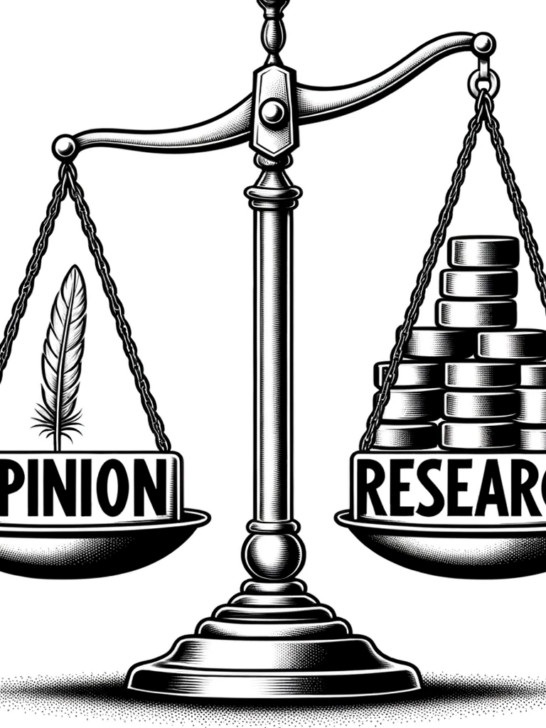Knowledge refers to the understanding, awareness, and retention of information, concepts, and experiences acquired through perception, learning, and reasoning.
Key Terms: Knowledge Claim; Scholarly Conversation
As humans, we are driven to expand human knowledge. When people say they want to make a contribution to human knowledge, they probably mean they hope to develop an original insight, theory, or application–i.e., something no one else has thus found or articulated.
Humans’ pursuit of knowledge is a uniquely human characteristic, driven by curiosity, the need to solve problems, and the desire to improve their lives.
- Language development: Humans have developed complex languages to communicate ideas, share information, and express emotions. This ability to use language as a tool for acquiring and disseminating knowledge is unique to humans and demonstrates their innate desire to learn and grow (Chomsky, 1957).
- Scientific research: Humans have made significant advancements in various fields such as physics, chemistry, biology, and medicine through systematic scientific research. This relentless pursuit of knowledge in order to understand the natural world and harness its potential reflects humans’ inherent drive to expand their understanding (Popper, 1959).
- Education systems: Humans have established structured education systems that facilitate the transfer of knowledge from one generation to the next. Schools, universities, and online learning platforms are all examples of humans’ commitment to fostering learning and knowledge acquisition (Dewey, 1916).
- Art and culture: Humans have created diverse forms of art, music, literature, and dance to express their emotions, beliefs, and ideas. These artistic and cultural endeavors provide insights into human experiences and contribute to the collective pool of human knowledge (Eliot, 1948).
- Technological innovation: Humans have designed and developed an array of technologies, from simple tools to advanced machines and digital devices, to address challenges, enhance their capabilities, and improve their quality of life. These innovations exemplify humans’ thirst for knowledge and their unique ability to apply that knowledge to create new solutions (Mokyr, 1990).
- Exploration and discovery: Humans have always been driven to explore new frontiers, from navigating uncharted territories to venturing into outer space. This innate desire to uncover the unknown and expand human knowledge is deeply rooted in human nature (Columbus, Cook, Armstrong, 2018).
- Social construction of knowledge: Humans not only seek knowledge individually but also collectively, constructing knowledge through social interactions and shared experiences. This process involves dialogue, negotiation, and collaboration, resulting in the creation of shared meanings and understandings within social groups, communities, or societies. The social construction of knowledge exemplifies the uniquely human characteristic of engaging in collective learning and highlights the importance of social context in shaping our understanding of the world (Berger & Luckmann, 1966).
Knowledge claims are rhetorical. Different readers, different methodological communities, have different standards for assessing knowledge claims.
Humanities researchers engaged in textual research tend to assess knowledge claims by engaging in critical literacy practices. When hearing a knowledge claim, they question its currency, relevance, authority, accuracy, and purpose.


